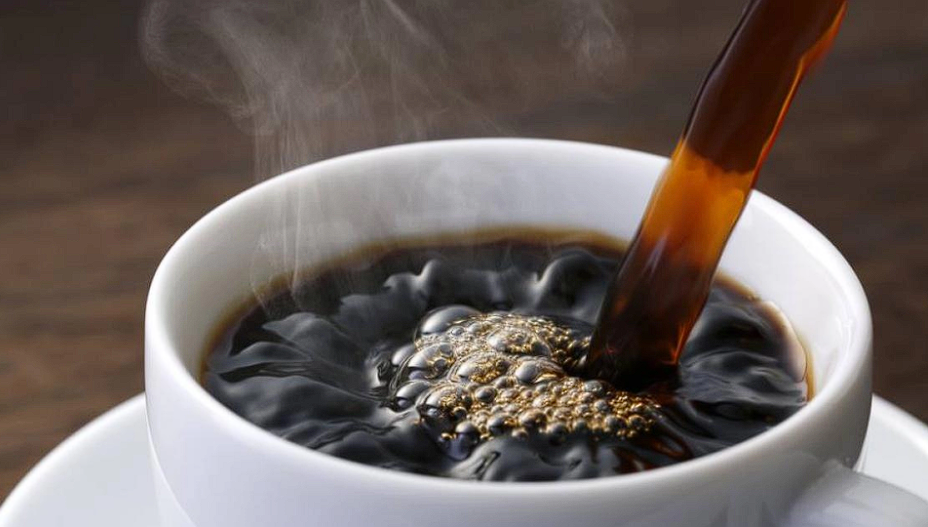Be Careful About the Timing of Your First Cup.
Others are reading now
Many of us can’t do without our morning coffee, but the timing of that first cup can be counterproductive in achieving the desired energy boost. If you find yourself sleepy with heavy eyelids and dark circles under your eyes, even as the day has just begun, your first instinct upon waking might be to prepare a strong coffee to kickstart your day. However, this morning caffeine shot might not be enough to restore your energy, leaving you feeling like a zombie.
The issue might be because you’re drinking your coffee at the wrong time of the day. On Instagram, numerous wellness accounts, including naturopaths, nutrition experts, and hormonal balance coaches, have been posting about the harmful effects of high cortisol levels – or stress hormone – and the misguided idea of drinking coffee upon waking and on an empty stomach.
Among these wellness influencers, @healthwithholland, a British hormonal balance advisor with nearly 775,000 followers, describes the signs of too high cortisol levels: “nocturnal awakenings, stubborn abdominal fat, cravings for salty foods, feeling wrecked in the morning and unable to sleep at night, and lack of appetite upon waking but an irresistible craving for coffee.” This might be an eye-opener about your own state.
The Wrong Mix of Cortisol and Coffee
But how can a simple morning coffee do so much harm? “When you are fasting, coffee first affects digestion: it’s a rather aggressive and acidic drink for the stomach, which can create gastric reflux and digestive discomfort,” explains Raphaël Gruman, a nutritionist according to 20 Minutes.
“Then, coffee has an effect on the liver, slowing down hepatic metabolism and its elimination capacities, which creates additional fatigue: the liver is an organ that already consumes a lot of energy, so if it is overworked, it will tire the body further, producing the opposite of the desired energy boost.”
The detrimental effects of caffeine on an empty stomach continue: “One of the problems with caffeine on an empty stomach is that no food slows down its stimulating effect during digestion. So it quickly enters the bloodstream, which can cause an acceleration of the heart rate with palpitations,” he continues. “This will overwork the brain, the synapses – the neuronal connections – go haywire, generating brain fatigue, then general fatigue of the organism. The excitement generated by caffeine temporarily masks the fatigue, then comes the second effect where one is even more tired.”
Stress Peak, Sleep Disorders, and Weight Gain
What about the impact of caffeine on the famous cortisol level? And what’s the connection with our weight? Naturally produced by the body, cortisol is the stress hormone but also the wake-up hormone. Along with melatonin, secreted by the body to promote sleep, cortisol completes the duo of hormones that regulate our internal clock and the sleep/wake alternation. And it’s in the morning, between 6 and 9 am, that the cortisol level reaches its peak.
“If cortisol is necessary, in excess, it has deleterious effects on the body: it promotes insulin resistance, which is harmful for diabetics, and promotes weight gain. Consuming coffee on an empty stomach in the morning prevents the elimination of cortisol, creating a stress effect, disturbing the regulation of blood sugar levels, and promoting weight gain and fatigue,” describes Raphaël Gruman. “Hence the importance of allowing your body time to lower its cortisol level.”
So we take coffee upon waking “for its energy boost effect, but it generates fatigue, encourages repeated coffee intake to finally find that energy we seek so much, which ends up causing sleep disorders and difficulties falling asleep,” continues the nutritionist. And yes, the last big loser of this mismatch: our sleep. “Many of my patients have sleep disorders that generate weight problems: we know that short sleepers – less than 6 hours per night – have a 30% higher risk of developing obesity. Coupled with the deleterious action of coffee on sleep, and by ricochet on weight, sleep is less restorative, and fatigue sets in.”
Coffee Yes, But Not on an Empty Stomach
But if, like Brad Pitt, you have a coffee machine with a bean grinder, and the comforting scent of your morning cup is indispensable, you just need to know when and how to drink it. “The best time is at least an hour after waking up, when the cortisol level has started to decrease, and preferably in the middle of breakfast,” advises Raphaël Gruman.
And if it’s advised not to drink your coffee too early, you shouldn’t consume it too late either: “not after mid-afternoon, because it takes about six hours between the time you take coffee and the time the body has finished eliminating this caffeine,” he warns. “So if you drink it too late, at bedtime, you risk not being able to sleep.”



